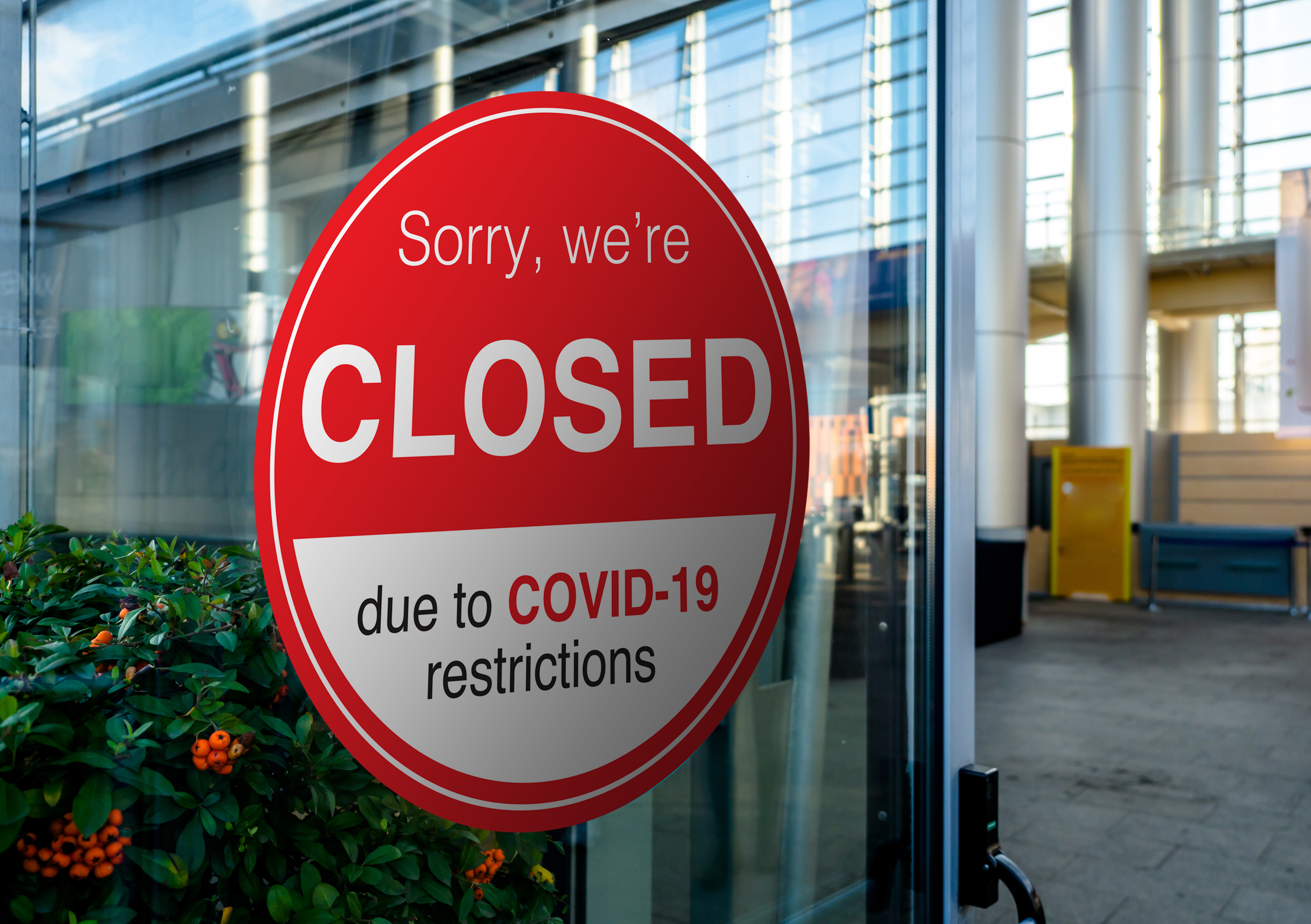Medcom recently hosted a webinar discussing the changes the Pandemic made to our Flexible Spending Accounts and Dependent Care. Things are increasingly confusing, so we thought we would take a moment to lay out the changes and considerations moving forward.
A Recap
In 2020, the IRS released Notices 2020-29 and 33. In these notices, the IRS stated they will allow unused amounts from FSAs to carryon over through December 31, 2020, for non-calendar year plans. This means that even if the calendar year plan ended in June 2020, the funds remaining in the participant's FSA were still available through the end of 2020. Now, the employers had to amend their Plan Documents to show this change. Also, if the plan has a carryover, it is increased to $550 from $500. According to Notice 2020-33, this is indexed each year at 20% of the maximum election allowed.
Notice 2020-29 additionally gave employers flexibility in permitting mid-year changed for FSAs and Dependent Care Accounts. If employers allowed, participants were able to make new elections, revoke their existing elections, or decrease or increase an election. If employers decided to allow the increase or decrease of elections amounts, they were strongly encouraged to consider those accounts that may be overspent and potentially implement limitations.
There were also special enrollment rights covered in the Notices:
- Participants can make a new election for employer-sponsored health coverage on a prospective basis, if the employee initially declined to elect - Back in March and April we caw carriers offering special enrollment, this is now permitted on a pre-tax basis and retroactively - BUT employers MUST check with their carriers to see if they allow this change.
- Participants can revoke an existing election for employer-sponsored health coverage and make a new election to enroll in different health coverage sponsored by the same employer. This includes changing enrollment from self-only coverage to family coverage.
- The participant can revoke an existing election for employer-sponsored health coverage provided that they attest, in writing, that they enrolled, or immediately will enroll in other health coverage not sponsored by the employer.
The Consolidated Appropriations Act, 2021
We won't dive too deep into this one, as we recently released a blog detailing the points of the Act. You can read that blog HERE. The basics cover FSA and Dependent Care allowances of carryover in 2021 and 2022. Those are:
- Carryover unused FSA balance from plan year ending in 2020 to 2021, regardless of the amount remaining and is available to the end of the 2021 plan year
- Extend Grace Period to 12 months
- Allows participants who terminated in 2020 to continue receiving reimbursements of unused money through the end of the plan year
- DCAP: increase the maximum age to 14 for those who aged-out during the pandemic
And...
- Carryover unused FSA balance from plan year ending in 2021 to 2022, regardless of the amount remaining and is available to the end of the 2021 plan year
- Extend Grace Period to 12 months in 2021
- Permits participant who terminated in 2021 to continue receiving reimbursements of unused money through the end of the plan year
- DCAP: increase the maximum age to 14 for those who aged-out during the pandemic
- Prospective modification of election amounts for health plans and DCAP in 2021
We feel the biggest takeaway from the CAA-21 is that the government realizes that the country is still reeling from the effects of the Coronavirus. Also, we have just come through a major holiday season, infections are on the rise, despite the rollout of a vaccine, and hospital beds may be in short supply. Another thing they consider is that states are in various forms of lockdown. Some states have loosened their restrictions while others have not. All medical services such as general health check-ups, dental visits, vision appointments, and elective surgeries may not be available in all areas. Possibly the biggest consideration is that people, in varying degrees, are afraid to visit healthcare officials due to possible exposure. Everything must be taken into consideration when deciding how these employer-sponsored benefits are utilized.
holiday season, infections are on the rise, despite the rollout of a vaccine, and hospital beds may be in short supply. Another thing they consider is that states are in various forms of lockdown. Some states have loosened their restrictions while others have not. All medical services such as general health check-ups, dental visits, vision appointments, and elective surgeries may not be available in all areas. Possibly the biggest consideration is that people, in varying degrees, are afraid to visit healthcare officials due to possible exposure. Everything must be taken into consideration when deciding how these employer-sponsored benefits are utilized.
If employers decide to elect the changes for FSAs and DCAP for 2021 and 2022, they MUST make Plan Document amendments. Luckily, there is not an extreme rush as plan years ending in 2020 have until December 31, 2021, and plan years ending in 2021 have until December 31, 2022, to amend.
Key Points to Consider
Before employers can make the decisions about what changes to allow, or not allow, there are a few points to consider that may help make the decisions easier for them in the long run. First, are their employees in a state that is more restricted? Are they unable to use their funds because of lockdown conditions? Second, is the plan a calendar year plan? Third, how does their TPA handle fees for changes or alterations to the administration? Finally, is it possible for the employer to make the changes for 2020 only and then wait and see what 2021 brings?
No doubt this stuff is complicated. We have held webinars and presentations, internal Q&A sessions, so on and so forth and I am still not sure I completely understand. Our best advice is to seek help! Reach out to your TPAs, lawyers, carriers, etc., and ask the important questions. You can also turn to us! Watch this week's webinar and then register for our upcoming webinar discussing the terminated employee and COBRA. Connect with us on social as well, as we post all the most up-to-date materials there, including links to our educational webinars.





